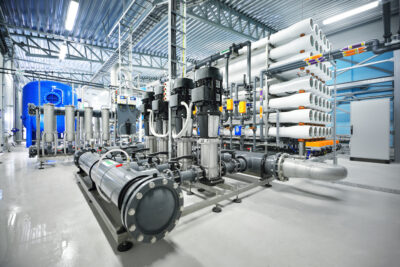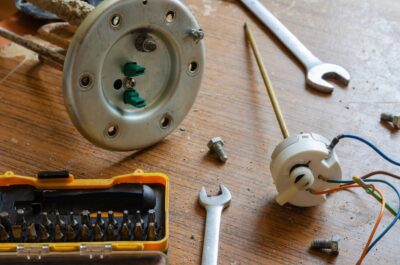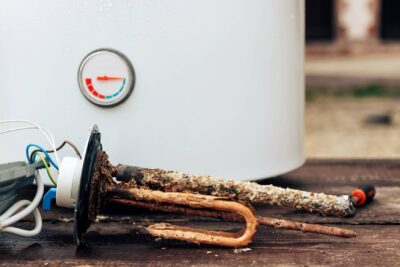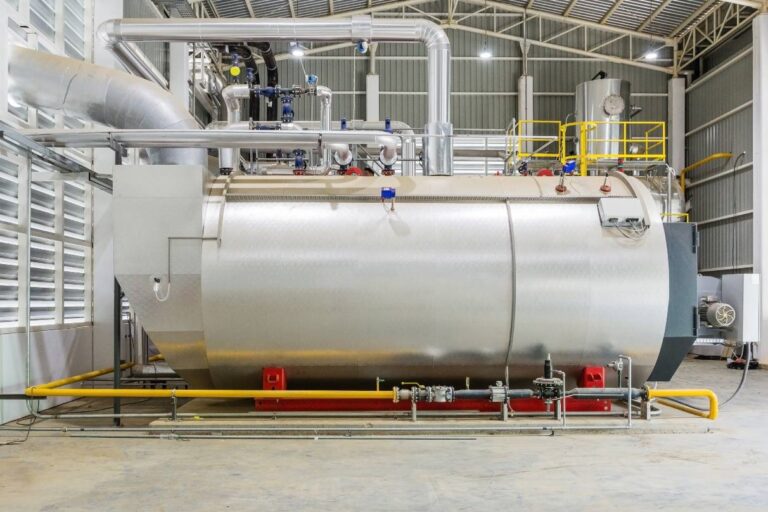Types of Boilers: A Comprehensive Guide
Introduction
Boilers are a critical component in many homes and buildings, providing heat and hot water throughout the year. However, not all boilers are created equal. There are several types of boilers, each with its unique characteristics and applications. In this article, we’ll explore the different types of boilers, how they work, and where they are best suited.
Types of Boilers
- Combi Boilers
- Description: Combination boilers, or combi boilers, are highly efficient systems that provide both hot water and central heating from a single unit.
- Advantages: Space-saving, instant hot water, no need for a separate water tank.
- Best For: Small to medium-sized homes with limited space.
- System Boilers
- Description: System boilers require a hot water storage cylinder but no cold water tank. They are connected directly to the main water supply, ensuring a constant supply of hot water.
- Advantages: Better for homes with high hot water demand, compatible with solar heating systems.
- Best For: Larger homes with multiple bathrooms.
- Conventional Boilers
- Description: Also known as regular or heat-only boilers, these systems include both a hot water cylinder and a cold water tank. They are traditional and well-suited for older heating systems.
- Advantages: Suitable for homes with old radiator systems, reliable for homes with high hot water usage.
- Best For: Large homes with an existing conventional heating setup.
- Condensing Boilers
- Description: Condensing boilers are designed to improve energy efficiency by capturing heat that would otherwise be lost through the flue.
- Advantages: Highly efficient, reduced energy bills, environmentally friendly.
- Best For: Any home looking to reduce energy costs and carbon footprint.
- Electric Boilers
- Description: Electric boilers use electricity to heat water, making them an alternative to gas or oil-fired boilers.
- Advantages: Low maintenance, no risk of gas leaks, easy to install.
- Best For: Homes without access to gas mains or those seeking a cleaner energy source.
Conclusion
Choosing the right type of boiler for your home depends on various factors, including the size of your home, your hot water needs, and your budget. By understanding the different types of boilers available, you can make an informed decision that ensures your home stays warm and your hot water supply remains uninterrupted.
How to Maintain Your Boiler for Optimal Performance
Introduction
A boiler is a crucial part of your home’s heating system, and like any complex appliance, it requires regular maintenance to function efficiently and safely. Proper boiler maintenance not only extends the lifespan of your system but also helps prevent unexpected breakdowns and costly repairs. In this article, we’ll outline essential maintenance tips to keep your boiler running at its best.
Regular Maintenance Tasks
- Annual Service
- Importance: It’s essential to have your boiler serviced by a qualified engineer at least once a year. This service will include checking the safety and efficiency of the boiler, cleaning components, and identifying any potential issues before they become serious problems.
- Benefits: Prevents breakdowns, maintains efficiency, ensures safety.
- Check the Pressure
- Importance: Boiler pressure affects the efficiency of your heating system. Too low, and your boiler won’t work correctly; too high, and it could cause damage.
- How to Check: Most boilers have a pressure gauge on the front. Ideally, the pressure should be between 1 and 2 bars. If it’s outside this range, you may need to adjust it according to the manufacturer’s instructions.
- Bleed the Radiators
- Importance: Air can get trapped in your radiators, reducing their efficiency and making your heating system work harder.
- How to Bleed: Use a radiator key to open the valve slightly. When you hear a hissing sound, air is escaping. Once water starts to flow out, close the valve.
- Inspect for Leaks
- Importance: Regularly inspect your boiler and the surrounding area for any signs of leaks, including water, gas, or oil. Leaks can lead to more significant issues if not addressed promptly.
- Action: If you notice any leaks, contact a professional to inspect and repair the boiler.
- Keep the Area Around the Boiler Clear
- Importance: Ensure that the area around your boiler is free of clutter and debris. Proper ventilation is necessary for the boiler to operate safely.
- Benefits: Prevents overheating, ensures safety.
- Test the Carbon Monoxide Alarm
- Importance: If your boiler burns fuel, it’s vital to have a functioning carbon monoxide alarm in place. Regularly test the alarm to ensure it’s working correctly.
- Action: Replace batteries as needed and test the alarm monthly.
Conclusion
Maintaining your boiler is essential for ensuring its efficiency, safety, and longevity. By following these maintenance tips, you can keep your heating system running smoothly, reduce the risk of breakdowns, and save money on energy bills. Regular maintenance is a small investment that can prevent significant problems down the line.
Common Boiler Problems and How to Fix Them
Introduction
Boilers are reliable and efficient when properly maintained, but like any mechanical system, they can develop problems over time. Understanding the common issues that can arise with your boiler and knowing how to address them can save you time, money, and frustration. This article highlights some of the most common boiler problems and provides practical solutions for fixing them.
Common Boiler Problems
- No Heat or Hot Water
- Possible Causes: There could be several reasons for this issue, including a broken diaphragm, a malfunctioning thermostat, or low boiler pressure.
- Solution: Check the boiler pressure gauge and ensure it’s within the recommended range (usually 1-2 bars). If the pressure is too low, you may need to re-pressurize the system. If the pressure is fine, check the thermostat settings. If these steps don’t resolve the issue, it’s best to call a professional.
- Boiler Leaking
- Possible Causes: Leaks can occur due to a variety of reasons, such as a corroded pipe, a faulty pressure valve, or a damaged seal.
- Solution: Identify the source of the leak. If it’s from a pipe or valve, it may require tightening or replacement. For more severe leaks, especially those within the boiler, professional repair is necessary.
- Strange Noises (Banging, Whistling, or Gurgling)
- Possible Causes: These noises are often due to trapped air in the system, limescale buildup, or a faulty pump.
- Solution: Bleed the radiators to release trapped air. If the noise persists, it could indicate a need for a power flush or pump replacement. Professional assistance may be required for a thorough diagnosis.
- Pilot Light Keeps Going Out
- Possible Causes: The pilot light might be extinguished due to a faulty thermocouple, a draught, or a deposit buildup.
- Solution: Ensure that the pilot light is free from any blockages or debris. If it continues to go out, check the thermocouple and replace it if necessary. Persistent issues should be addressed by a technician.
- Boiler Keeps Switching Off
- Possible Causes: This could be due to low water pressure, a faulty thermostat, or an issue with the pump.
- Solution: First, check the water pressure and top it up if needed. Then, inspect the thermostat settings. If the problem remains, a faulty pump might need to be replaced by a professional.
Conclusion
While boilers are generally reliable, they can encounter a range of problems over time. By understanding these common issues and how to address them, you can often prevent minor problems from turning into major repairs. However, if you’re unsure about any aspect of boiler repair, it’s always best to consult a qualified engineer to ensure your system is safely and effectively restored to working order.
The Importance of Boiler Efficiency: How to Save on Energy Costs
Introduction
In many homes, the boiler is the single largest consumer of energy, especially during the colder months. Ensuring that your boiler operates efficiently can significantly reduce your energy bills and minimize your environmental impact. This article discusses the importance of boiler efficiency and provides practical tips on how to save on energy costs.
Understanding Boiler Efficiency
Boiler efficiency is a measure of how effectively your boiler converts energy from fuel into heat. The higher the efficiency, the more heat your boiler generates from the same amount of fuel, leading to lower energy costs. Modern boilers are typically much more efficient than older models, often featuring advanced technologies like condensing systems that capture and reuse heat







